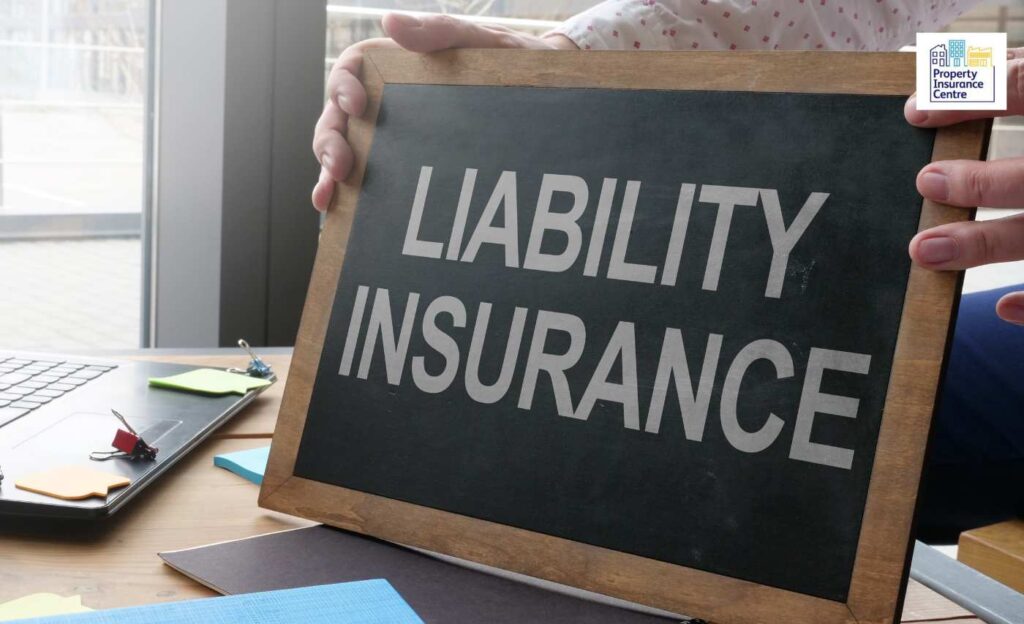How a Liability Claim Can Ruin Your Business – And How to Protect Yourself

1. The Financial Toll of a Liability Claim
A lawsuit can lead to crippling legal expenses, compensation payouts, and increased insurance premiums. Even if you win, the costs of defending yourself can be enormous. For businesses without the right insurance coverage, this can mean dipping into company funds or even personal savings.
Real-World Example:
A small construction company faced a £500,000 lawsuit after a worker suffered a fall due to alleged safety violations. Without proper coverage, the company had to liquidate assets to cover legal fees and compensation, ultimately forcing them to shut down.
2. Damage to Reputation and Customer Trust
A liability claim can do more than drain your finances—it can destroy your reputation. Customers, clients, and investors may lose trust in your business, leading to a loss of contracts and revenue. In today’s digital world, one lawsuit can go viral, making reputation management even more challenging.
Example:
A well-known café chain was sued for a severe allergic reaction caused by mislabeling food ingredients. The lawsuit spread across social media, leading to boycotts, bad press, and a 30% drop in sales.
3. Business Disruption and Operational Chaos
Legal disputes can consume your time and resources, taking focus away from running and growing your business. You may need to pause operations, retrain staff, or implement costly new safety measures.
Example:
A software startup was sued for intellectual property infringement by a larger competitor. The court battle dragged on for years, forcing the startup to halt product development and lose critical investors.
4. Personal Liability and Bankruptcy Risks
If your business is not structured correctly, you could be held personally liable for claims. This means your personal assets—home, car, and savings—could be at risk.
Example:
A sole proprietor of a home renovation business faced a £200,000 negligence lawsuit when faulty electrical work led to a fire. Because the business was not incorporated, the owner lost their personal savings and had to declare bankruptcy.
5. How to Protect Your Business
✅ Get Comprehensive Insurance – Ensure you have general liability insurance, professional indemnity insurance, and workers’ compensation if applicable.
✅ Incorporate Your Business – Structure your business as a Limited Liability Company (LLC) or Corporation to protect personal assets.
✅ Use Contracts & Legal Agreements – Well-drafted contracts with clear terms, disclaimers, and liability waivers can reduce risk.
✅ Maintain Safety and Compliance Standards – Follow health, safety, and industry regulations to prevent avoidable claims.
✅ Consult Legal Experts – A business attorney can help review policies, contracts, and risk management strategies to ensure legal protection.
Final Thoughts
A liability claim can be the difference between thriving and closing your doors forever. By taking proactive steps—like securing insurance, structuring your business properly, and following best practices—you can protect yourself, your business, and your financial future.






